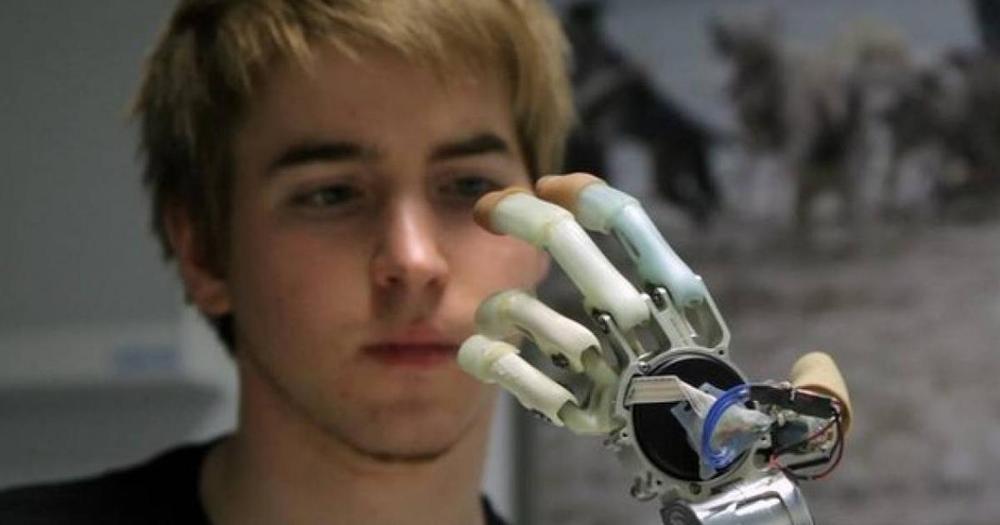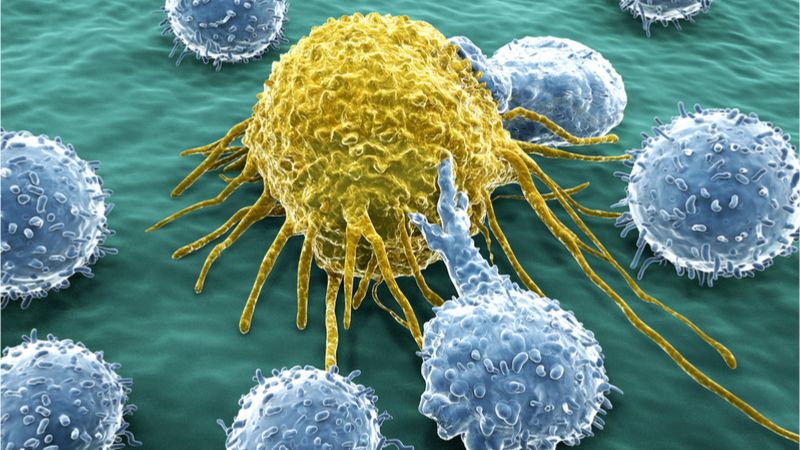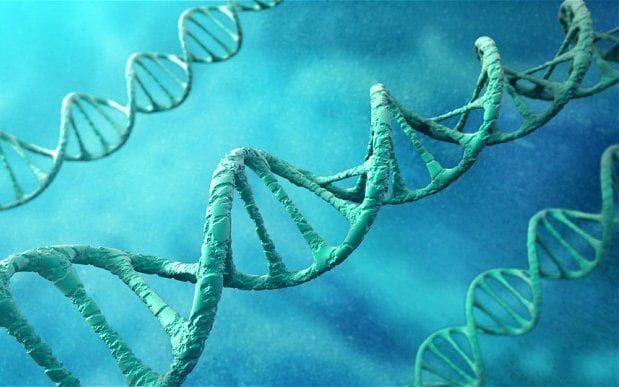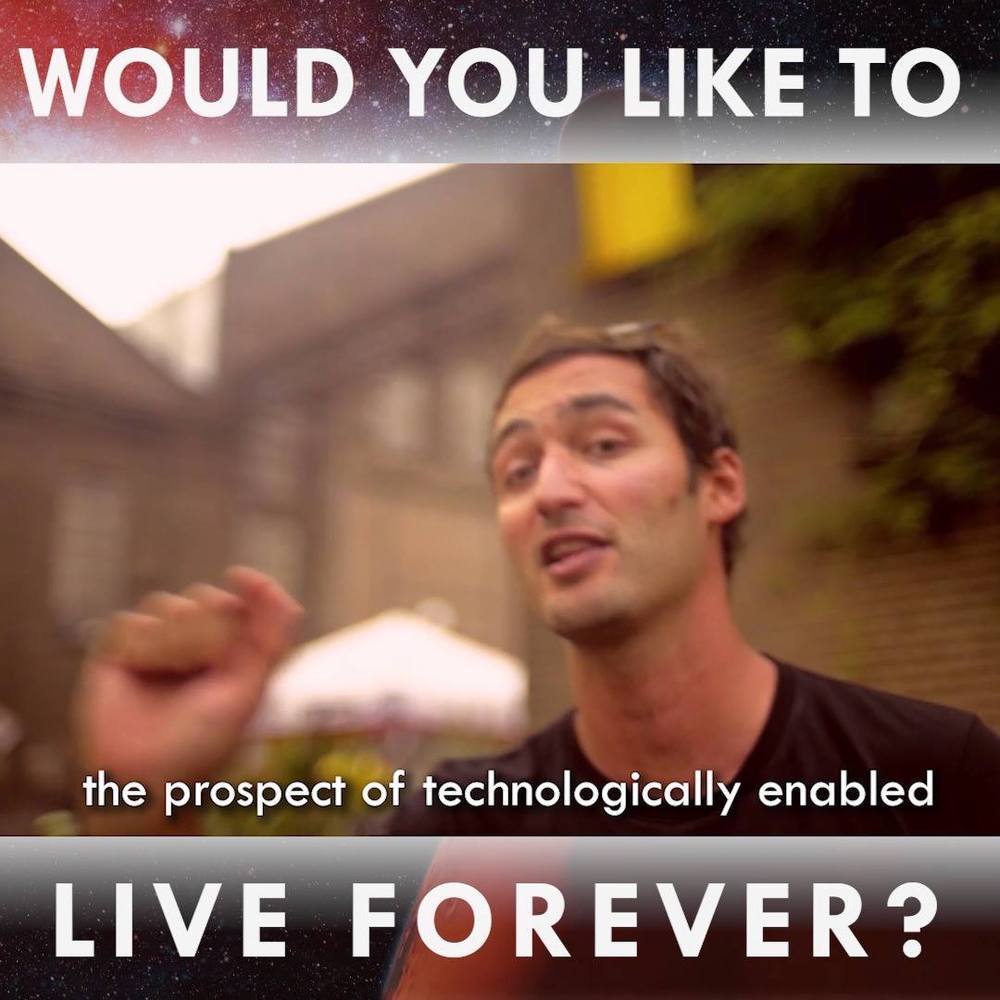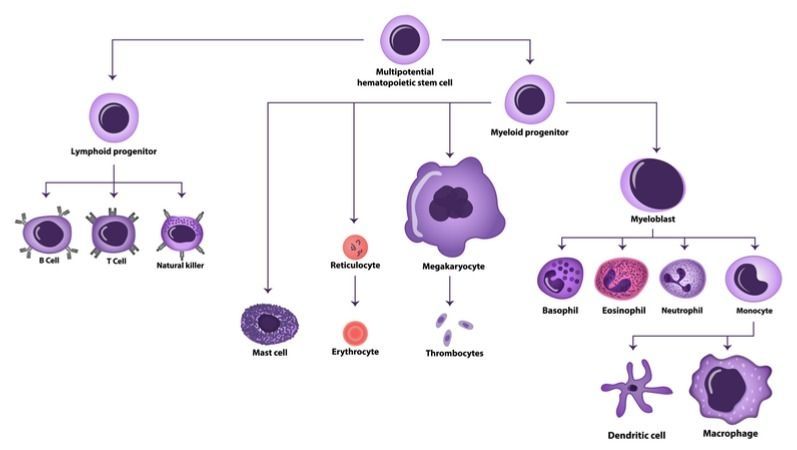I wonder, if you can turn a 65 year old into a 40 year old, could you not turn around and give that 40 year old another treatment so they rejuvenate to an even younger state?
It is an interesting question because I might be getting near there myself! Anyway, let’s assume we develop sufficiently robust rejuvenation therapies within 20 years that they can effectively reset the clock by say 25 years with the result that a person who is chronologically 65 could be restored to a point where biologically they are 40 it begs the question could an 80 year old be effectively restored to the physiology of a 55 year old? My feeling is that the first generation treatments will in all probability be quite aggressive and invasive involving stem cell therapies, gene therapies and possibly surgical interventions to replace organs created through tissue engineering. So my concern is that whilst a 65 year old or even a fit 70 year old might easily withstand the rigours of these interventions I can’t see this applying to the average person in their 80s, whilst we are not yet at the stage where we have developed all the comprehensive therapies needed we should nevertheless keep in mind we are close and some are already approaching implementation see Suicide of aging cells prolongs life span in mice and also the video below from a few weeks back and it’s clear we are moving fast and might only be 10 to 15 years out if we keep up the current pace.
My concern is that with the senescent cell clearance a large percentage of cells in an 80 year old will be senescent so complete removal were it possible could kill them.
My thought is we might need to consider whether a less comprehensive and aggressive SENS therapy which perhaps for the sake of argument we could call MiniSENS might be useful to pull octogenarians back from the edge, perhaps by say by 10 years at which point they might be strong enough after a period of time to recover that they could handle a more intensive treatment which would yield further long term health benefits. It is just a thought but it might be something we need to think about because it would extend the age range of the people who could benefit from SENS strategies.
